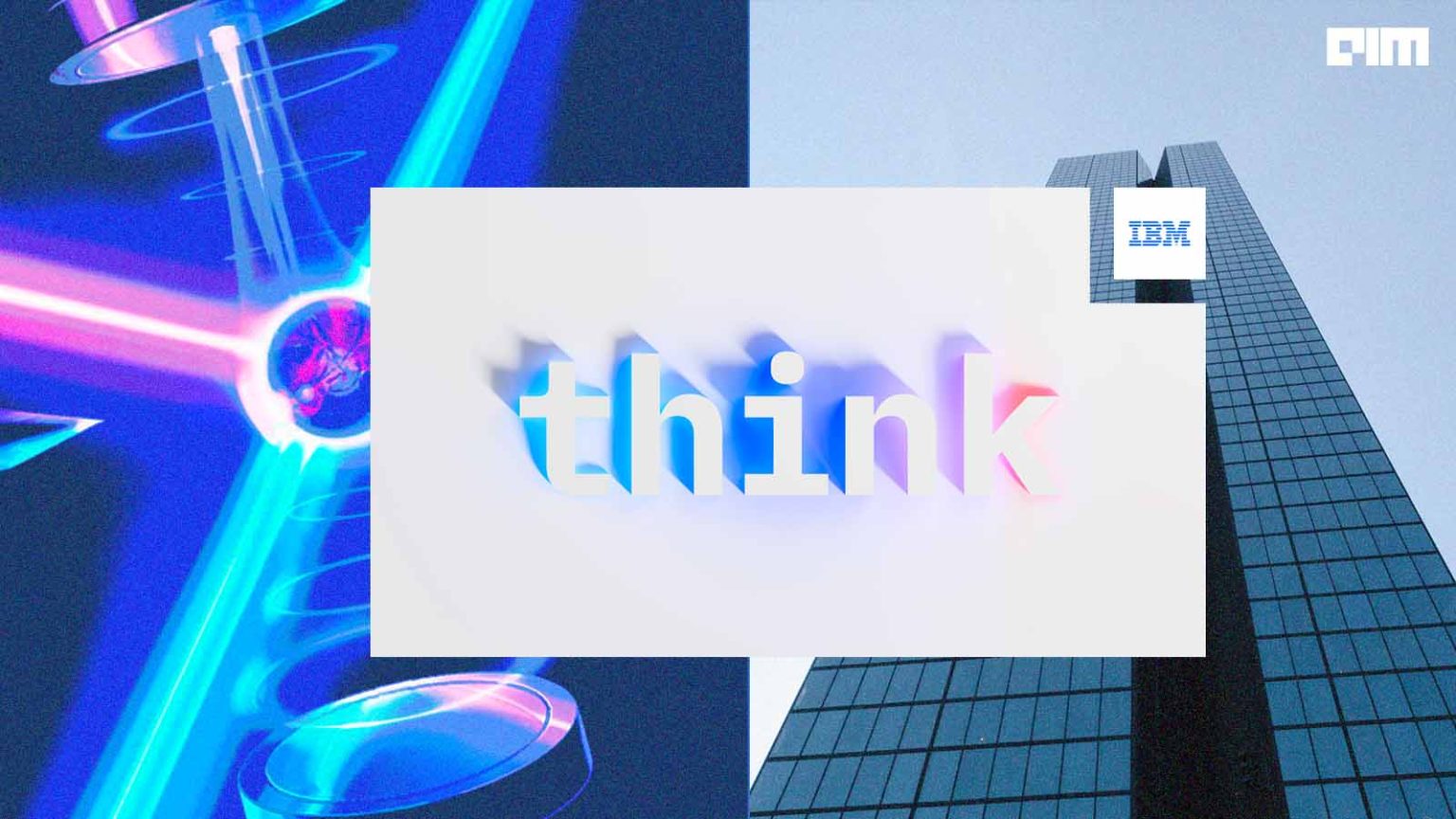
The main themes of the IBM Think 2022 conference included sustainability, innovation and research, talent retention, and automation. Big Blue also revealed its intention to develop more than 4,000 qubit quantum computers by 2025.
Let’s take a look at the important announcements made at the conference.
Quantum Ambitions.
IBM unveiled its first integrated quantum computer system called IBM Quantum System One in 2019. In 2020, the tech giant announced plans for a set of scalable, bigger and better processors. At the last conference, IBM unveiled its ambitious plan to build the Qubit 4158 system by 2025.
“In just two years, our team has made incredible progress on our existing quantum roadmap. Realizing our vision has given us a clear vision of the future of quantum and what it will take for us to get into the practical era of quantum computing,” said Dario Gil, senior vice president, director of research, IBM.
IBM is on track to create a seamless development experience with Qiskit Runtime and workflows embedded in the cloud to bring a serverless approach to the core of IBM’s quantum software stack. The move aims to achieve a reasonable and efficient distribution of tasks between quantum and classical systems and to set the stage for the era of quantum-centric supercomputers.
IBM has set its quantum roadmap so far. The company plans to launch its 433-cubit processor, IBM Osprey, this year. IBM has also announced the world’s first universal quantum processor with 1,000+ qubits, the IBM Condor, for 2023.
IBM must solve several problems to reach 4,000 qubits, CEO Arvind Krishna said. However, he expressed confidence in the tech giant’s 2025 schedule.
The CEO said quantum computing is expected to move beyond the experimental phase by 2025. He cited several examples of the use of quantum computing, such as the analysis of materials such as lithium hydride to create better batteries, drug discovery, etc.
AI Adoption and Sustainability
According to IBM’s Global AI Adoption Index 2022, the global AI adoption rate is steadily increasing at 35%, up 4 points from last year. IBM surveyed 7,502 senior business leaders in countries such as the U.S., China, India, UAE, South Korea, Australia, Singapore, Canada, the U.K., Italy, Spain, France, Germany, Brazil, Mexico, Colombia, Argentina, Chile and Peru.
About 30% of respondents said that AI and automation have helped save time. In addition, about 44% of organizations are working to integrate AI into their current applications and processes.
74% of companies have not committed resources to reducing AI bias. About 68% have not taken steps to track performance changes and model drift. In addition, 61% of organizations do not have a mechanism to explain AI-based decisions, according to the report.
Most companies surveyed said sustainability is an important aspect of their operations. About 64% of respondents said they use AI to accelerate their ESS initiatives. Nearly 36% are investing in AI related to sustainability.
In 2022, one-third of companies said they are using AI to improve the efficiency of business processes and operations.
Staffing shortages and cybersecurity
IBM announced a partnership with six Black Colleges and Universities (BCU), the U.S. Department of Veterans Affairs and the Specialty Fund. IBM plans to address the shortage of personnel and the cybersecurity crisis through these partnerships.
IBM will give the six TSCs access to specialized years of cybersecurity expertise. The idea is to provide an exciting learning experience to empower the university to develop top cybersecurity talent.
Working with the Department of Veterans Affairs and the U.S. Specialty Fund, IBM will offer training to transition into high-demand careers.


